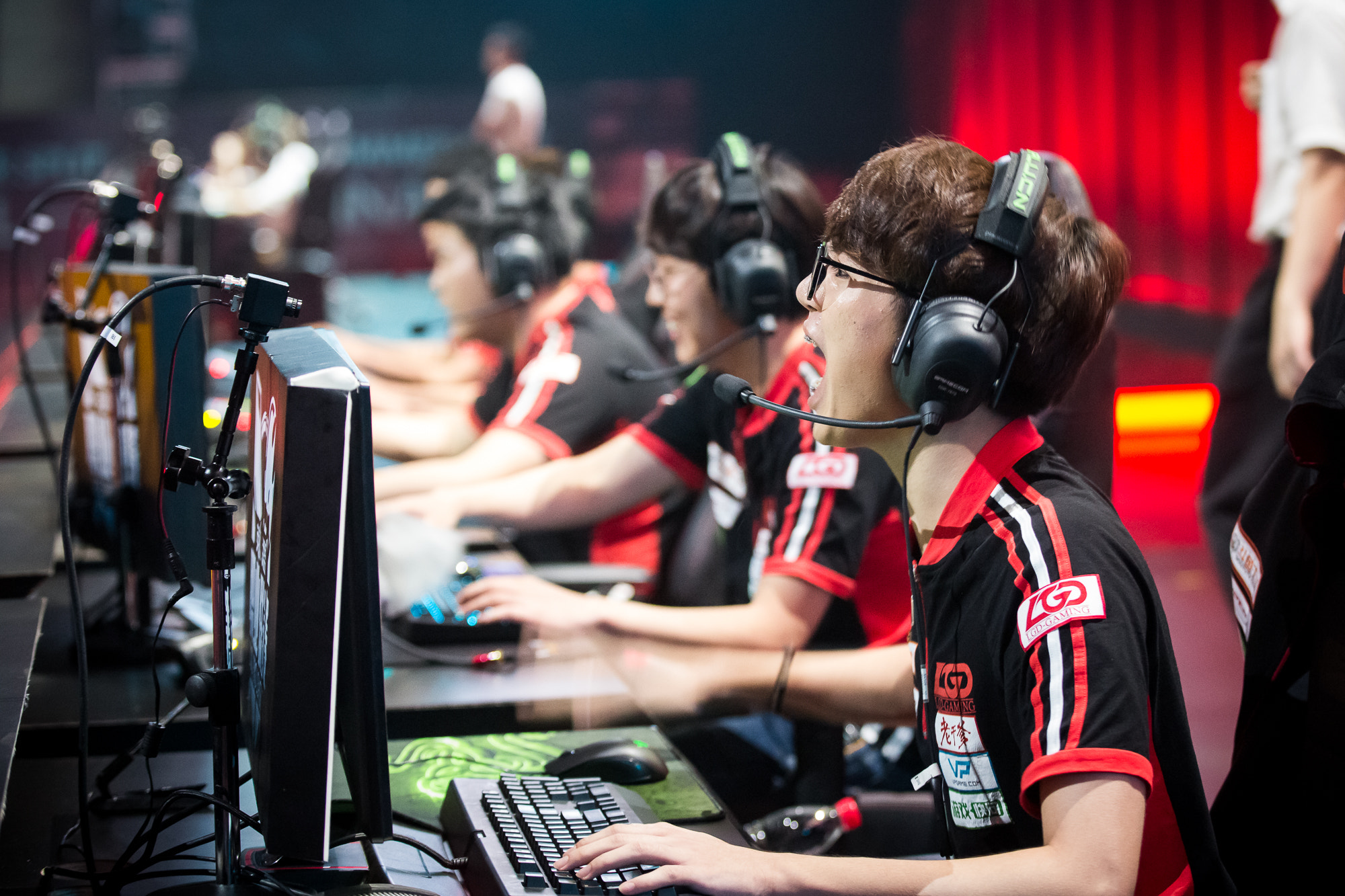eSports, or electronic sports, has transformed gaming into a billion-dollar competitive industry. From casual gaming tournaments to stadium-filled finals, eSports is now as big as traditional sports.
What is eSports?
eSports involves competitive gaming where professional players and teams compete in video games like League of Legends, Dota 2, Counter-Strike, Fortnite, and FIFA.
Rise of eSports
2000s: LAN tournaments gained popularity.
2010s: Streaming platforms like Twitch revolutionized viewership.
2020s: Global leagues, million-dollar prizes, and mainstream sponsorships.
Popular eSports Titles
League of Legends (LoL)
Dota 2
CS:GO / Counter-Strike 2
Fortnite
Call of Duty
FIFA & NBA 2K
Major eSports Tournaments
The International (Dota 2) – Offers multi-million-dollar prize pools.
League of Legends World Championship – Viewed by millions globally.
Fortnite World Cup – Big for younger gamers.
Benefits of eSports
Builds teamwork and strategy skills
Encourages global connections
Provides career opportunities in gaming, streaming, and commentary
Famous eSports Players
Faker (LoL legend)
s1mple (CS:GO star)
Bugha (Fortnite World Cup champion)
The Future of eSports
With VR, AR, and AI-driven games, eSports will expand further. Governments are recognizing eSports as official sports, and Olympic inclusion may happen soon.
FAQs
Q1: Can eSports be a career?
A: Yes, through professional gaming, streaming, or content creation.
Q2: What is the biggest eSports game?
A: League of Legends and Dota 2 lead globally.
Q3: How much do eSports players earn?
A: Top players earn millions via tournaments, sponsorships, and streaming.

